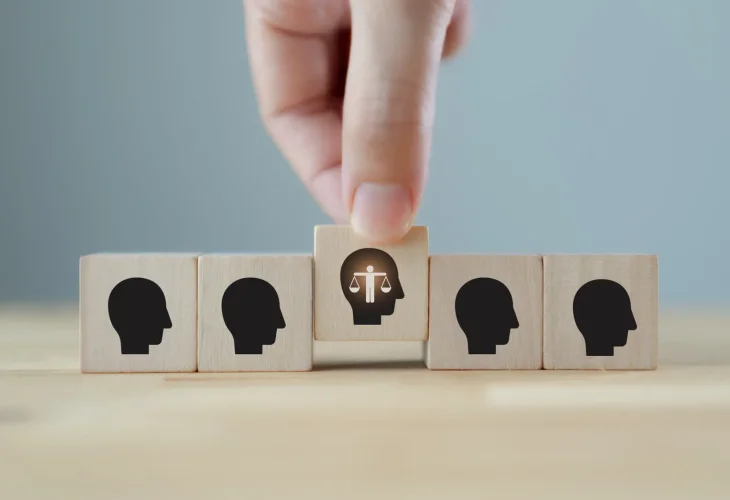Are You Moral People? You Might Have Been Born That Way
Recent studies suggest that babies have inherent moral traits, but a new study questions this and highlights the complexity of the research field. So, what's the answer?
 (Photo: shutterstock)
(Photo: shutterstock)A new study casts doubts on a central question in developmental psychology: Do babies have an inherent sense of morality from birth, or is it a result of upbringing and social influences? In the early 2000s, researchers conducted an experiment where babies watched a puppet show. One character tried to climb a hill, while another either helped or hindered it. The babies had to choose between the helper and the hinderer, and most preferred the helper. The conclusion was that babies are born with a basic moral sense.
The ManyBabies Consortium, an international research group, attempted to replicate the original study with methodological changes. Instead of using puppets, the researchers used a video. The new experiment involved 567 babies from 37 different labs worldwide. Unlike the initial results, the study showed no preference for either character, thus challenging the original theory of inherent morality.
Researchers proposed possible explanations for the discrepancies in results, including the impact of digital media, technical differences in the experiment, and a broader sample in the current study. Michael Frank, founder of the consortium, emphasizes that the findings do not entirely dismiss the original research. According to him, there may be additional complex factors influencing the babies' choices, and further research may shed light on the topic.
The new results join a long-standing debate in philosophy and psychology. More modern theories have tended to view babies as beings with inherent moral traits. The current study highlights the importance of scientific replication and emphasizes the complexity of studying morality in babies.
A 2010 study also examined the cognitive and moral capabilities of babies. This study used simple scenarios, where babies were shown interactions between characters that performed cooperative or selfish actions. The babies clearly preferred the characters that cooperated and helped others, supporting the idea that babies develop a basic understanding of moral concepts at a very early age. However, the researcher emphasized that these behaviors might also be influenced by environmental factors, such as interactions with parents and caregivers.

